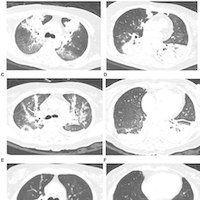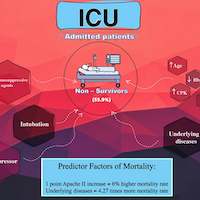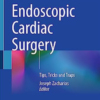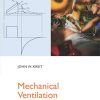Pronation Improves Respiratory Outcomes in Neonates with Respiratory Failure
thelancet.com
This study found that 6-hour periods of pronation (lying on the stomach) can improve gas exchange and lung function in neonates (newborn infants) with three types of respiratory failure, without causing any negative effects on heart function.
Pronation consistently improved oxygenation and carbon dioxide removal, and these effects were partially reversed when the neonates were placed in a supine position (lying on their back).
Ultrasound imaging showed that pronation also improved lung function, although this improvement was reversed when the neonates were placed in a supine position, except for those with a specific type of respiratory failure called neonatal acute respiratory distress syndrome (NARDS).
The benefits of pronation were significant for all patients, but seemed to be greater in those recovering from respiratory distress syndrome (RDS) than in those with evolving bronchopulmonary dysplasia (BPD) or NARDS. Pronation slightly decreased cardiac output and mean arterial pressure, but these remained within normal ranges.


















